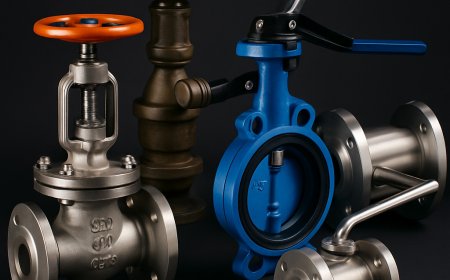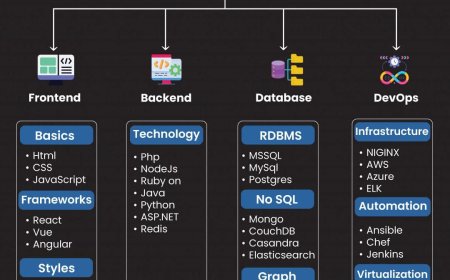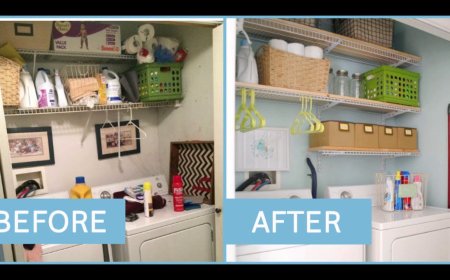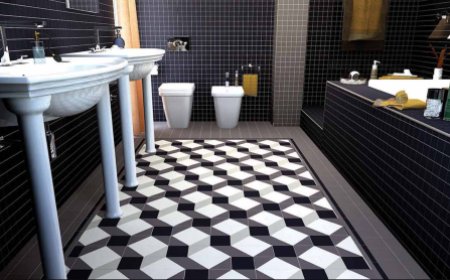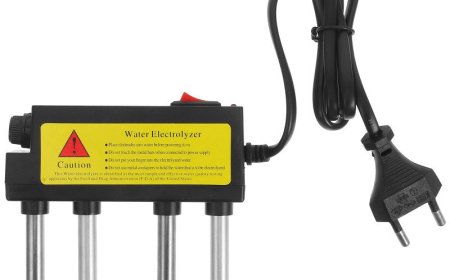DIY vs Professional: Which Option Saves More on Fence Installation Cost?
Compare DIY and professional options to see which saves more on fence installation cost, factoring in labor, tools, time, and long-term risks.
When its time to install a fence, one of the biggest questions is: should you hire a professional or do it yourself? Each path affects your total fence installation cost, and the right answer depends on your skill level, available time, tools, and tolerance for physical labor.
The Case for DIY Fence Installation
Pros:
-
Lower Labor Costs: You eliminate contractor fees.
-
Scheduling Flexibility: Work at your own pace.
-
Personal Satisfaction: Pride in building your own structure.
Cons:
-
Time-Consuming: Can take days or even weeks.
-
Tools & Equipment Costs: Renting post-hole diggers, cement mixers, and levels adds up.
-
Risk of Mistakes: Misalignment, weak posts, or property line errors can be costly.
The Professional Route: Hiring a Contractor
Pros:
-
Speed & Efficiency: Most professional jobs are done in 13 days.
-
Expertise: Better structural integrity, layout, and code compliance.
-
Warranties: Many pros offer guarantees on work.
Cons:
-
Higher Upfront Cost: Labor can account for 4060% of the total fence installation cost.
-
Less Control: You're on their schedule and must trust their process.
DIY Cost Breakdown
Lets consider a 100-foot wooden fence:
-
Materials: $1,500
-
Tools Rental: $150
-
Permits & Miscellaneous: $100
-
Total DIY Cost: ~$1,750
Professional Cost Breakdown
-
Materials: $1,500
-
Labor: $1,200
-
Permits & Admin: $150
-
Total Pro Cost: ~$2,850
Risk vs. Reward
While DIY saves money upfront, improperly installed fences may sag, shift, or violate zoning codesleading to higher repair or replacement costs.
Time as a Cost Factor
Your time has value. If youd spend 30 hours on a DIY fence, consider whether saving $1,000 is worth the trade-off.
Safety & Regulations
Professionals are more familiar with underground utility checks, setback rules, and HOA requirements. Mistakes in these areas can lead to fines or forced fence removal.
Middle Ground: Hybrid Approaches
Some homeowners dig post holes and set them but hire pros to install panels. Others remove the old fence themselves to reduce labor fees.
Conclusion
Choosing between DIY and professional installation depends on your priorities. If budget is tight and you have experience, DIY may cut your fence installation cost. But if time, precision, or compliance matters most, a pro could save you money in the long run.
FAQs
Q1. Is DIY fencing always cheaper? Usually yes, but errors can lead to expensive repairs or replacements.
Q2. What tools do I need to install a fence myself? Post-hole digger, level, tape measure, string line, cement mixer, and saws are common requirements.
Q3. Can I split the work with a contractor? Yes, many contractors allow partial DIY work to help reduce the overall fence installation cost.
Q4. How do I find property lines for my fence? Use your plot plan or hire a land surveyor to ensure compliance.
Q5. Are permits needed even for DIY fences? Yes, most areas still require permits regardless of who installs the fence.






